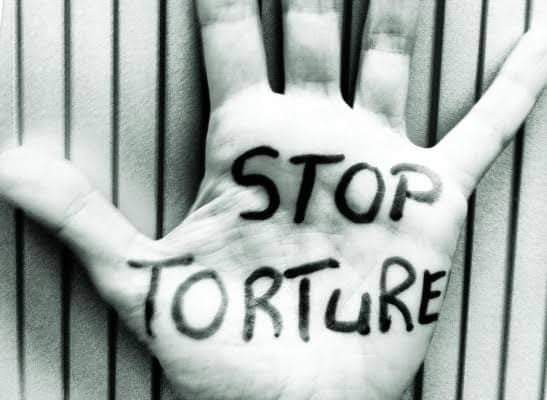

Torture is still one of the most severe forms of violation of human rights and dignity. Many people around the world are subjected to various forms of physical and mental torture, which affects them seriously. While some of them lose their lives under torture.
The majority of torture victims are innocent, and they normally do not have political or social protection. These people are not provided with opportunities to prosecute the violators after their release, and there are almost no means of advocating for them or achieving justice for them.
The Middle East and North Africa region is where the most incidents of torture take place at the hands of the security services, gangs and armed groups that have great influence in light of the conflicts and instability experienced by the countries of the region. What assisted these groups in committing their violations is the absence of the state and the judiciary, as well as the lack of enforcement of the law.
In Yemen, thousands of civilians are still detained or forcibly disappeared by the various parties to the conflict whose prisons and detention centers witness serious incidents of torture that negatively affect the souls of the victims and their families and leave deep scars, deep wounds, and disabilities that disrupt their bodies. In addition, these incidents caused them and their families a lot of psychological, social and economic damage.
The American Center for Justice (ACJ) reminds of dozens of victims who left illegal places of detention and prisons with deep signs of torture, especially in the detention centers of the Houthi group. Many of them died as a result of torture during interrogations or after their release, which indicates that there are others whose fate was not disclosed in those notorious places.
On the International Day in Support of Victims of Torture, the American Center for Justice (ACJ) calls for the activation of independent international and national human rights mechanisms to protect civilians from torture by revealing the torture, exposing the perpetrators, bringing them to justice and redressing the victims, and prosecuting all those who incited, ordered, or participated in these violations in any way.
The ACJ also calls for opening all prisons and detention centers around the world to local and international human rights organizations and the media, allowing public opinion and various local and international justice mechanisms to investigate what is going on in them, and taking measures that achieve justice and enable societies to overcome the effects of torture.
The ACJ renews its call for the release of all abductees, detainees, and forcibly disappeared persons by various parties of the conflict in Yemen, without relying on swap deals that lack transparency and conceal a lot of information. The ACJ believes that freedom is an inherent right that cannot be negotiated under any circumstances.